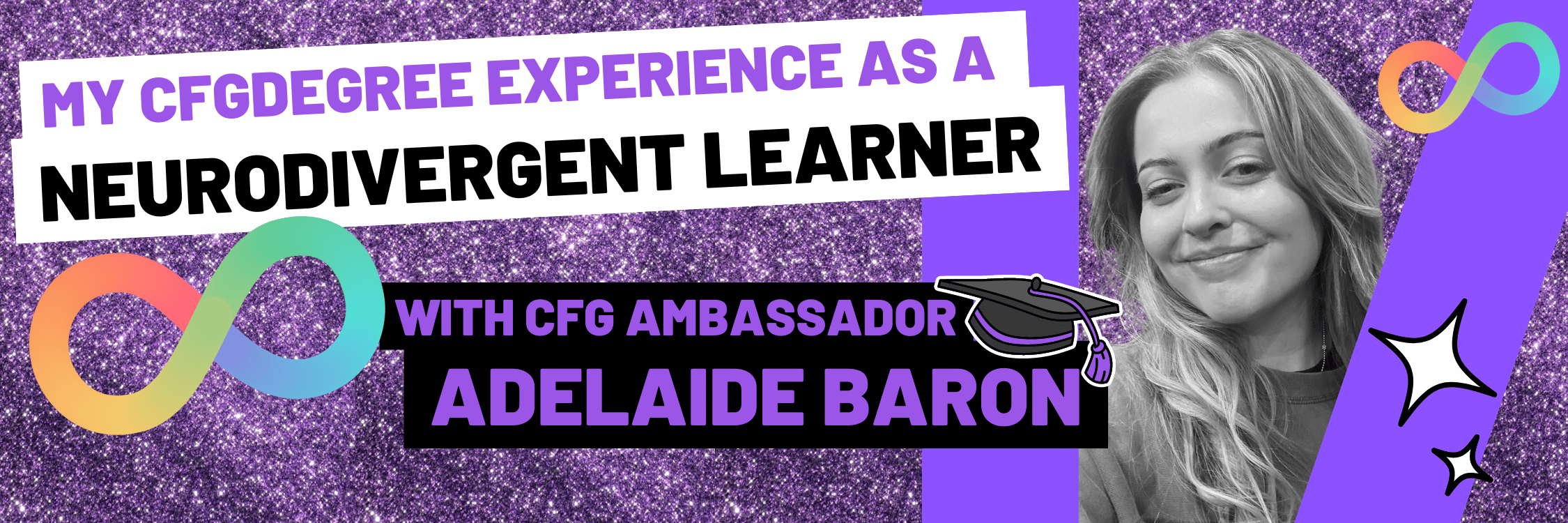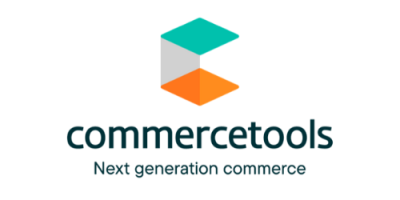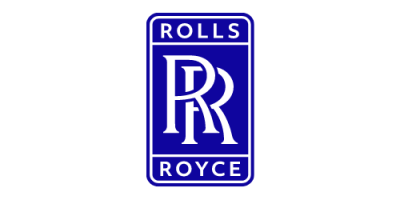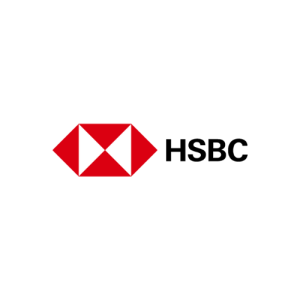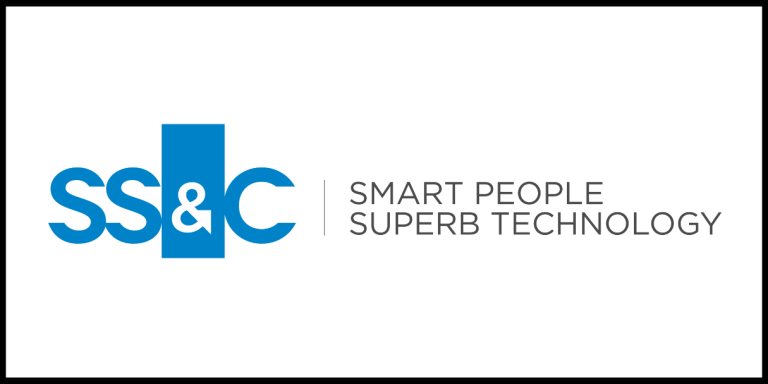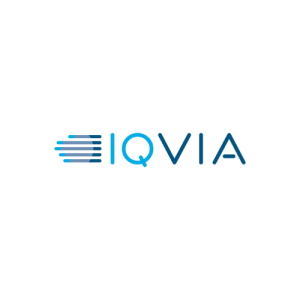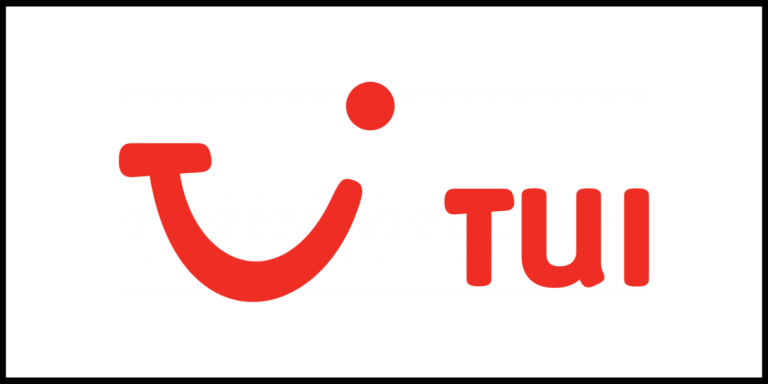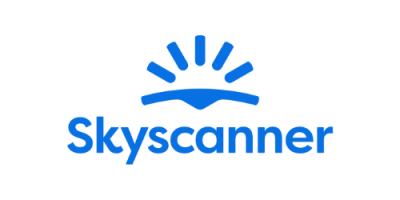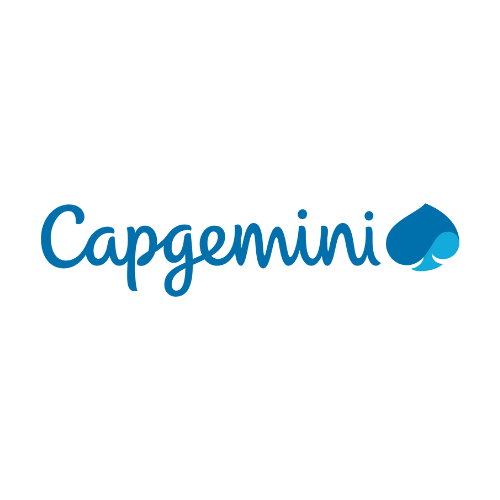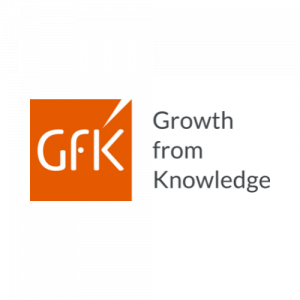Neurodiversity in Tech | The CFGdegree as a neurodivergent learner, Adelaide's story
Home » Neurodiversity in Tech | Adelaide’s CFGdegree Experience
💻 Code First Girls Ambassador Addi reflects on her experiences studying the CFGdegree as a neurodivergent learner. Addi also debunks myths about neurodivergent individuals in the workplace, as well as neurodivergent-friendly learning and working tips. To read more about Addi’s journey and CFGdegree tips, feel free to follow her Instagram: @codeaddi!
THE HOT SIX QUICK FIRE QUESTIONS!
- Favourite coding language? (if you have one!)
- Java
- What is your choice of beverage for coding?
- Strawberry iced matcha
- Desk set up – RGB, Minimal or my aesthetic
- My aesthetic – colourful, loud, LEDs, plushies
- If You had to only use one for life: Laptop or PC?
- Laptop
- Are you most productive in the morning or evening/night?
- Night!
- What do you listen to whilst you code and where? Spotify, radio, vinyl or fave CD?
- Spotify – big bops for ticketing, lofi for chilled, pink/brown noise for focus (serious brain noise hack).
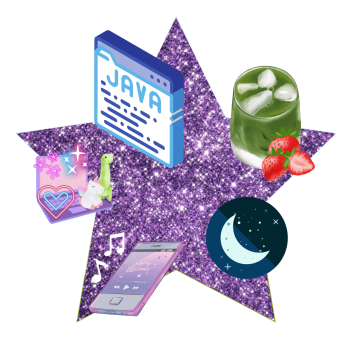
👋 Hi Addi, thank you for taking part in this article! Please give a brief intro about who you are, your tech experience, what you do professionally, and why you wanted to become a CFG Ambassador.
Hi, I’m Addi! Currently working as a QA [Quality Assurance] Automation Engineer in Fintech, studying AI in my spare time. I started my journey into tech in 2022 with the CFG Kickstarter class, followed by the CFGdegree in data. I became a CFG Ambassador because they are the reason I changed from education (was aiming to do postgraduate studies and stay in academia) to tech (and taught me to code for my undergraduate project)! Additionally, people still don’t know enough about CFG and how empowering they are, and all of the amazing opportunities they have to help you through different problems (Tech Tasters for small, easy but deep upskilling, to CFGdegree for a complete career change).
“Neurodivergent individuals want to be treated normally and be part of the team. We work differently, and often have different boundaries and limits – but everyone should be able to have theirs considered! ”
⛰️ Have you encountered any barriers or obstacles in your learning journey due to your neurodiversity? How have you overcome them?
Yes, although my learning and career have allowed for a lot of solo work, giving me time to adapt to my needs, however, I did struggle early on not knowing how to! I’ve accused myself of being lazy, with a small attention span, and not caring about/enjoying what I’m doing. But the reality is I have different ‘levels’ of productivity and different learning methods.
To identify the right methods for me, I tried everything. Some people say watching videos is the best, so I persisted with that – but if you feel reluctant to learn and like nothing is going in, it’s clearly not working. Now I prefer to write everything out, it seems boring to some but it’s the only way things go into my mind! Think about what you enjoy in your spare time – reading? Journaling? Watching YouTube videos? Try to go with that, that’s what worked for me.
Respecting your productivity levels and being aware of them is huge too. I set hourly goals, and review them often. If I’ve not done them, but instead read 10 different documentation on various topics and filtered through random Slack messages, I’m clearly not being productive. So I go do something – whether that’s refuel, go to the gym, or just watch TV and play the Switch. Then revisit, and keep reassessing! Also be kind to yourself though – if you don’t achieve everything that’s fine, it’s just a good way to keep track of how you’re doing.
💜 In what ways has the CFGdegree accommodated neurodivergent individuals? Can you expand on your experience(s) with that?
To start, everyone is super accommodating and friendly. You can chat with any instructor or CFG staff member and get support along the way. Additionally, the small 2-hour sessions are so much better than ~8 hours a day in a classroom.
Having the sessions recorded to refer back to means you can focus/follow along, or take notes – whatever you need to do to be engaged in the live session. Then, you can refer back to the recording at a later date to refresh yourself or slow down your notes.
Finally, it’s a diverse group (instructors and students) from different learning and career backgrounds. Some people have self-studied, others have been through university, and others have learned through their jobs. Connecting with your peers is recommended early on, both in Slack and in the live sessions. I found it great to find people I aligned with and felt supported by, so we could learn together and share resources.
📖 How did you manage the CFGdegree schedule and workload?
In hindsight, not so well! I had a list of everything that I needed to do and tried to write tasks down. But, I didn’t set myself realistic deadlines or set out time for it during my regular day – leading to a lot of last-minute work. When I say realistic, I mean I either didn’t set them, or aimed to do a lot in a short amount of time when it wasn’t essential. This was really unsustainable and is a cycle I only recognised and broke towards the end thanks to the group project. I was with two career switchers with lots of experience for the project. They were great at helping me set tasks and check-ins for what we needed to do and got me into the habit of setting short and actionable deadlines.
Here’s an actual snippet example of my todo list from the data CFGdegree when we were diving into Python for data analysis:
- Understand & use Python functions
- Get Jupyter Notebook working
- Look at homework
- In[]
It had no deadlines, was not descriptive, and was quite vague. Here’s how I’d write the points now:
- Review slide X on Python functions tomorrow before the session to understand how they are written
- Prior to the next session, set up Jupyter Notebook and ensure a file can be opened
- By dd/mm, understand the requirements of the homework
- Complete homework by dd/mm (two days prior to the deadline just in case)
- Use slide Y to review In[] and understand what it is used for
Try to use the SMART method if it helps!
“For questions/bugs, set yourself a time limit for how long you can spend on it before seeking help. There’s no point letting it hold you back when an instructor or peer might be able to point out something you’ve just missed due to tunnel vision. But make sure you have done an investigation yourself first!”
🧠 What changes (if any) have you made in your organisation/current role to make it more neurodivergent-friendly?
Officially, none – I don’t like to tell employers in case I’m treated differently (but in my current job, I just don’t need to – they’re super supportive of my needs without explicitly saying why I have them).
However, I use a tracker for everything – and I don’t let any thoughts go. I’ll stop a meeting or conversation to write something down. That goes for dates, reminders/tasks, but also just thoughts like “I want to look into XYZ” or “ABC made me happy today” – it can really help me with reflection.
Oh also – a brag doc. Huge help, but fill it out quickly! (I actually have a template for all tasks/things I write down, and I have a field for ‘brag doc’).
Additionally, one of my biggest issues is getting distracted and forgetting things. Often I’ll open an email for a PR review, and somehow get lost on the way to reviewing it from clicking the link! Again, writing down every little thing I need to do (to-do comments are great for this: in your code and in Jetbrains apps).
💡What advice would you give to other neurodivergent individuals who are thinking of pursuing a tech career?
You may feel like you are annoying asking a lot of super clarifying questions, but nobody minds. It’s a technical world and we need to refine criteria – so ask away. Also, ask for support if you feel comfortable doing so, people love to get involved and show you how they’d tackle something. Tech is a great environment for flexible working arrangements, and peers can be super helpful. Ask to work when you feel best, or have meeting free time blocked out in your schedule to avoid becoming overwhelmed.

